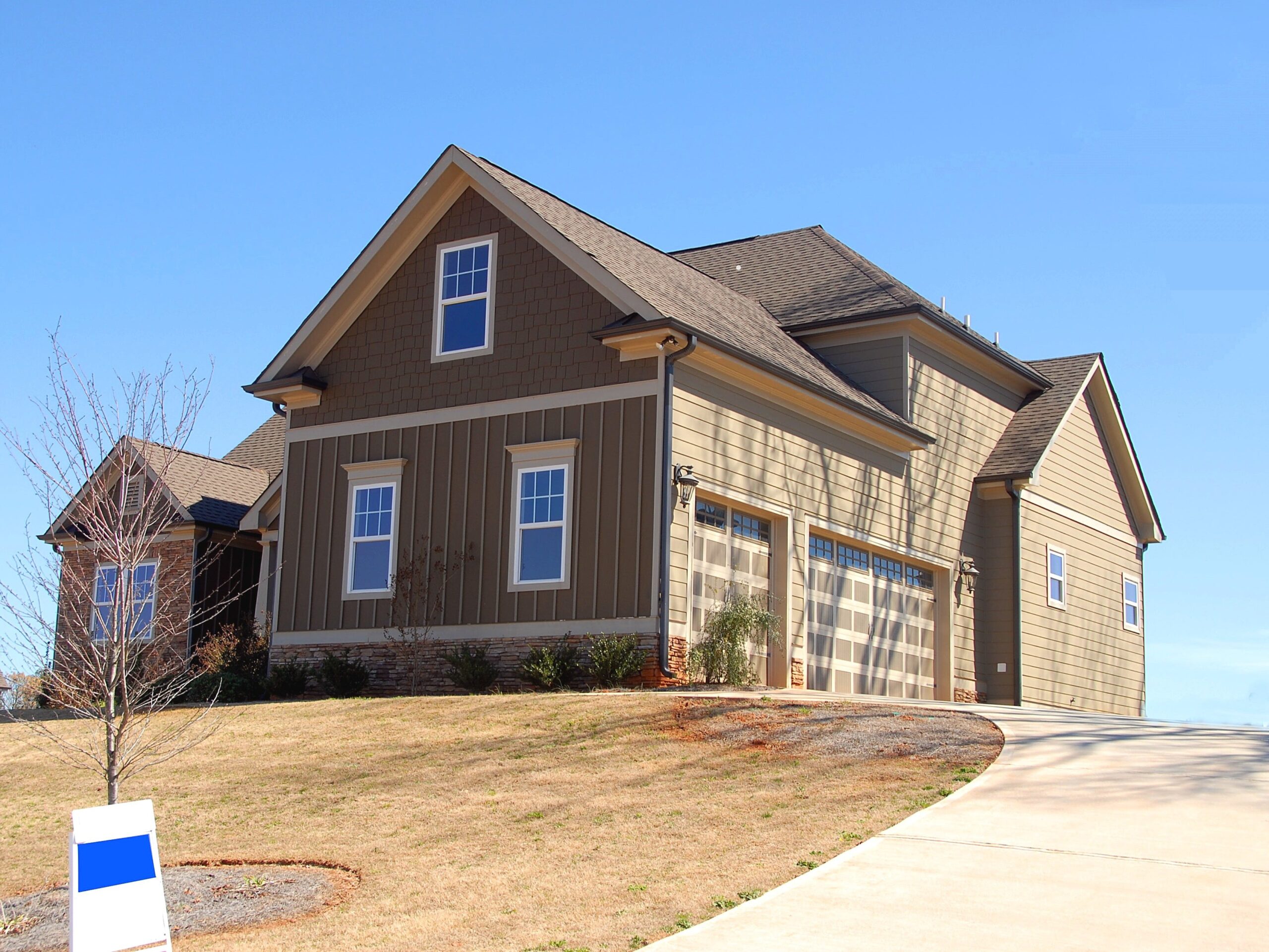Expected Situations for Home Value Decrease in 2024
Whether you’re actively looking for another home or admiringly checking Zillow postings, wondering for no particular reason, you’ve probably experienced the pain of rising home costs of late. In September 2023, the median home cost was $411,868, up 2% annually, according to Redfin data. Reflect growth. A new report from Goldman Sachs predicts a 4.2% annual flood in home costs for 2023, with a more moderate 1.3% expected for 2024. Still, these are general estimates, and under some financial conditions, home costs may actually decrease.
Interested in buying a home? You can start your home loan search online today.
3 scenarios are being investigated for home price declines in 2024:
- Acceleration of Contract Rate:
A generally tough wide-open market intensified with contract rates closing. As of Oct. 27, typical financing costs for a 30-year fixed-rate contract were above 8%. If the central bank settles on another benchmark rate hike a year from now, the contract rate could follow a similar pattern, eventually driving down housing costs. Although some rate cuts are expected in 2024, these projections could change, especially if the expansion experiences a resurgence. The central bank is set to raise borrowing costs in 2022 in response to the growing expansion. In September 2023, the rate of expansion reached 3.7%, an improvement from its most alarming level yet far from the 2% target for the same period. Should the expansion slow, a rate hike would not be unexpected. Although home loan rates and cost of living are not usually directly linked, high home loan rates often reduce the pool of potential home buyers. Essential monetary values indicate that falling interest rates encourage lower spending, making rising mortgage rates a potential silver lining for some property holders. - Beginning of Recession:
Note that the expression “recession” is not just about a financial trend; It has a precise definition — two consecutive quarters of decline in a country’s gross domestic product. Likely to be financially equipped to buy a home. No. Again a reduction in the number of intended buyers means a reduction in demand, possibly lower home incentives. Costs for people who might buy anyway. - Rupture of Lodging Air Pockets:
It is undeniably true that all markets follow repeating patterns. Nothing is constantly ascending or descending; Change is inevitable. Consider the conditions that paved the way for the credit emergency of 2008 — housing costs reached staggering levels before an air pocket burst, driving costs down. Frankly, there is no current evidence that the housing bubble is close to bursting. In any case, huge changes in business sectors are not usually surprising, and a significant change will undoubtedly occur in 2024. In any case, it would be premature to base long-term measures exclusively on this opportunity

In outline:
In the ongoing real estate market favoring sellers, excessive costs and excessive interest outpace inventory. Expectations for 2024 highlight a further modest expansion in in-home use, however, these are only estimates. Unless special circumstances arise, such as higher contract rates or a financial downturn, home prices may decline in the coming year.

